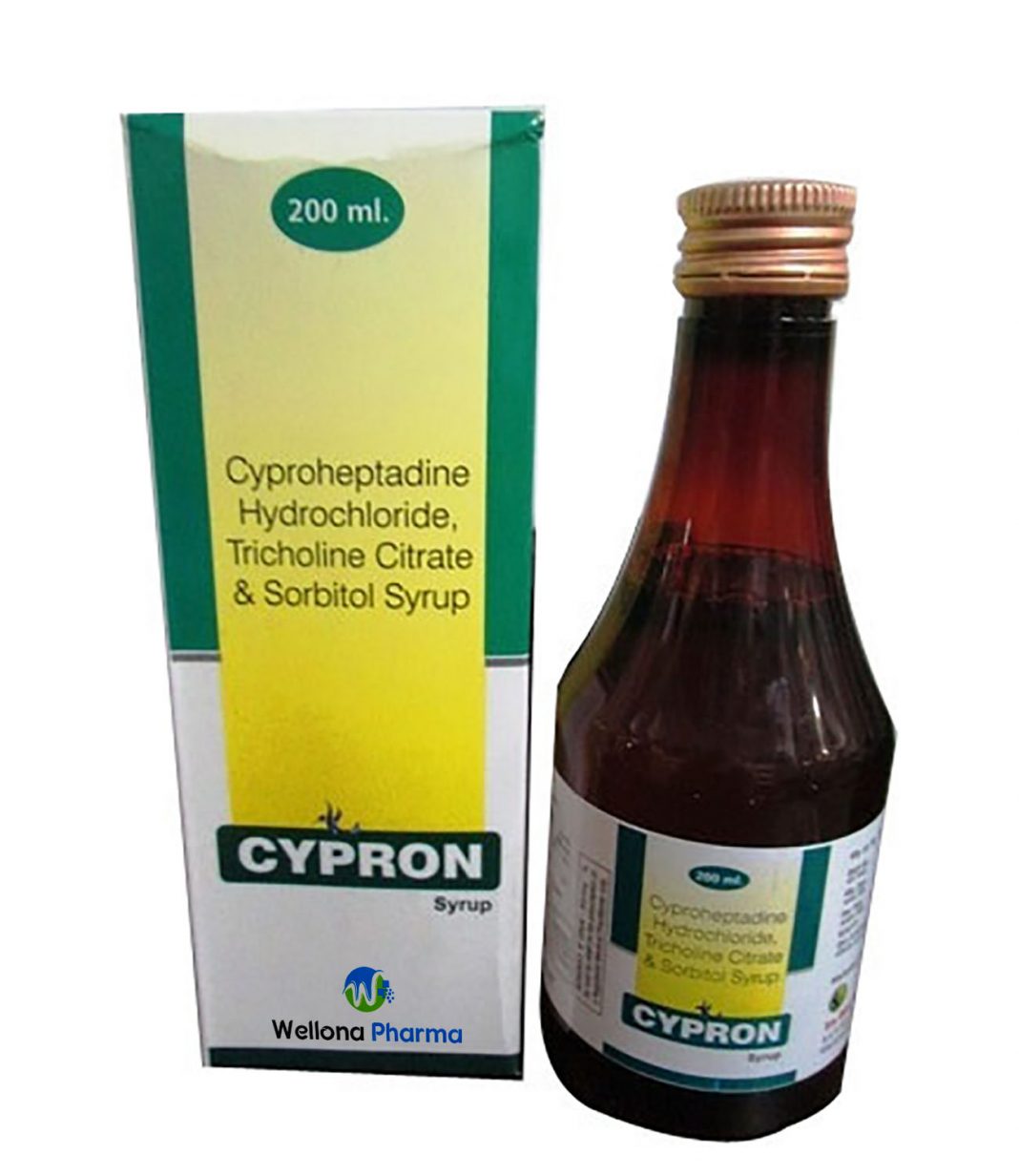Cyproheptadine, or cyproheptadine hydrochloride, is an antiallergic drug that helps to lessen the symptoms of an allergic reaction, such as a runny or stuffy nose, for example.
However, this remedy can also be used as an appetite stimulant, especially when combined with vitamins such as vitamin B12 and vitamin B1, as it stimulates the production of muscle mass and increased appetite.
Cyproheptadine can be found in pharmacies or drugstores, associated with vitamins, sold in the form of tablets or syrup with the trade names Cobavital, Cobapetit, Apevitin or Apetiviton BC, and should only be used with medical indication.
what is it for
Cyproheptadine is indicated to relieve allergy symptoms caused by allergic rhinitis or allergic conjunctivitis associated with a common cold and itchy, red bumps on the skin.
In addition, cyproheptadine, when associated with vitamins B12 or B1, is indicated as an appetite stimulant to increase weight.
How to use
Cyproheptadine should be taken orally, preferably in the evening, about 30 to 60 minutes before a meal.
The normally recommended doses of cyproheptadine are:
- Adults: the normally recommended dose is 4 mg of cyproheptadine, 3 to 4 times a day, as directed by a doctor, with the maximum dose being 0.5 mg per kg of body weight per day.
- Children between 7 and 14 years: the normally recommended dose is 4 mg of cyproheptadine, 2 or 3 times a day, as directed by the pediatrician. The maximum dose is 16 mg per day;
- Children between 2 and 6 years: the normally recommended dose is 2 mg of cyproheptadine, 2 or 3 times a day, as directed by the pediatrician. The maximum dose is 12 mg per day.
It is important to use cyproheptadine in the doses and for the duration of treatment recommended by the doctor, and when used as an appetite stimulant the maximum recommended treatment time is 6 months.
Possible side effects
The most common side effects that may occur during treatment with cyproheptadine are drowsiness, tiredness, nausea or dryness of the mouth, nose or throat. In children, nightmares, unusual excitement, nervousness, or irritability may also occur.
who shouldn’t use
Cyproheptadine should not be used by children under 2 years of age, pregnant or breastfeeding women, or by people with glaucoma, urinary retention, stomach ulcer, prostatic hypertrophy, bladder obstruction, asthma attacks.
This remedy should also not be used by people who are allergic to cyproheptadine or any other component of the formula.
Also, cyproheptadine should not be used by people being treated with monoamine oxidase inhibitor (MAOI) drugs such as isocarboxazid, phenelzine, moclobemide, iproniazid, or tranylcypromine, for example. Therefore, one should wait at least 14 days after stopping treatment with monoamine oxidase inhibitors before starting treatment with cyproheptadine.
